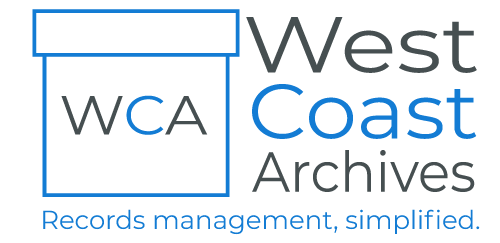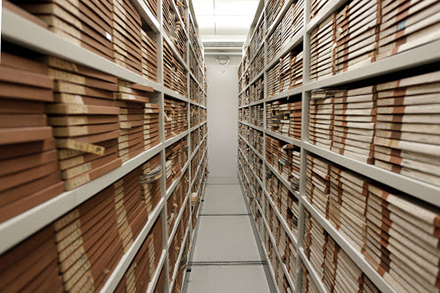In a world racing towards digital frontiers, where bytes and algorithms hold sway, a question lingers: Are paper-based medical records fading into obsolescence? The age-old question of whether physical paper files still hold weight in the realm of medical storage continues to intrigue. As the heartbeat of technological innovation quickens, the push towards digitization seems unstoppable. Yet, the debate about the relevance of paper-based records refuses to fade away entirely.
Paper vs. Pixels
Picture this: a bustling medical practice, where file cabinets adorned with countless folders line the walls, storing the detailed histories of patients dating back decades. This scenario, once ubiquitous, now stands at a crossroads. The allure of digital databases promises streamlined accessibility, instant updates, and seemingly limitless storage. However, the tangible nature of paper records holds a certain charm—a tactile connection to the patient’s story, immortalized in ink.
Paper Trails vs. Digital Fortresses
Security, a cornerstone in the realm of medical records storage, sparks a vigorous debate in Los Angeles. The physicality of paper records seems inherently secure, shielded from cyber threats and electronic breaches. Yet, the vulnerability of paper to physical damage—fire, water, or accidental loss—leaves a chink in its armor. Conversely, digital storage offers encryption, access controls, and redundancy measures, but cyber vulnerabilities raise eyebrows about data breaches and unauthorized access.
Accessibility and Efficiency
When it comes to accessing medical records swiftly, the dichotomy between paper and digital systems becomes palpable. Imagine sifting through stacks of files versus the ease of a few clicks to retrieve comprehensive patient histories. Digital records promise efficiency, enabling healthcare professionals to access vital information promptly. However, concerns about system downtimes, technical glitches, or data corruption loom in the digital sphere.
Patient Experience and Connection
Beyond the logistical aspects, the patient experience stands tall in this debate. The rustle of paper, the handwritten notes—these elements weave a narrative, fostering a sense of personal connection. However, the digital revolution isn’t devoid of human touch. Customized digital interfaces, intuitive systems, and user-friendly portals aim to bridge the gap, striving to offer a seamless and personalized patient journey.
Bridging the Gap
Amidst this debate, a promising solution emerges: the hybrid approach. Integrating the best of both worlds—leveraging digital prowess for accessibility and efficiency while preserving the tangible charm of paper records—seems the way forward. Making a symbiotic relationship between physical and digital storage could redefine medical records management.
The Path Ahead
In a dynamic city like Los Angeles, where innovation thrives, the landscape of medical records storage sees constant evolution. Records Management Company in Los Angeles is at the forefront, embracing cutting-edge technologies while honoring the legacy of traditional record-keeping methods. Their role becomes pivotal in navigating this transition, ensuring data security, seamless accessibility, and tailored solutions for diverse medical practices.
Protect Your Records, Secure Your future With West Coast Archives!
Opt for ‘Medical Records Storage’ by West Coast Archives for a secure, compliant, and hassle-free solution. Safeguard your critical medical data in our state-of-the-art facilities equipped with advanced security protocols and climate-controlled environments. Our tailored services ensure seamless access, retrieval, and management of your records, meeting all HIPAA requirements. Elevate your peace of mind while we safeguard your records with precision. Experience the difference with West Coast Archives—where your records are in trusted hands. Secure your legacy today!



Recent Comments